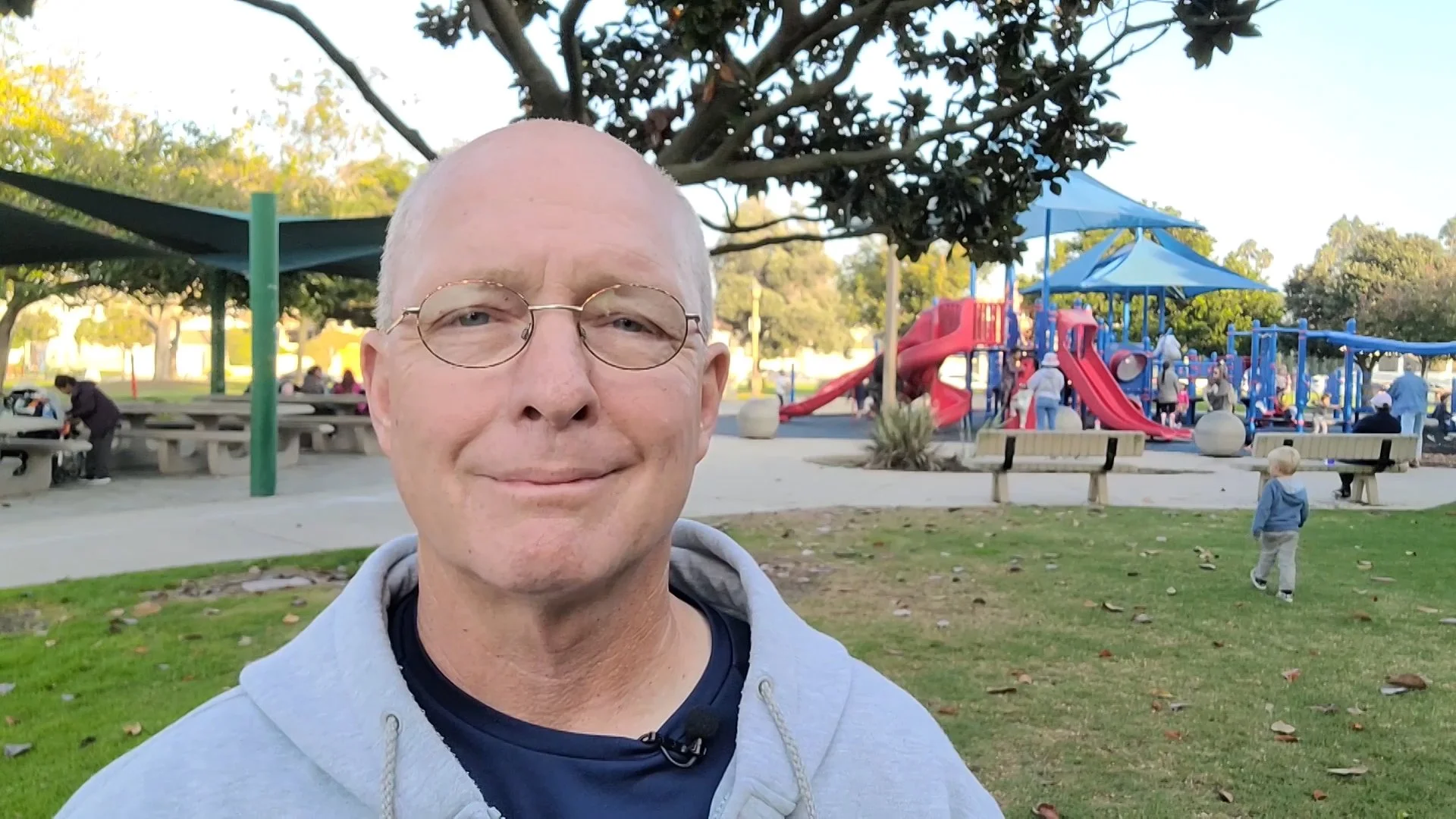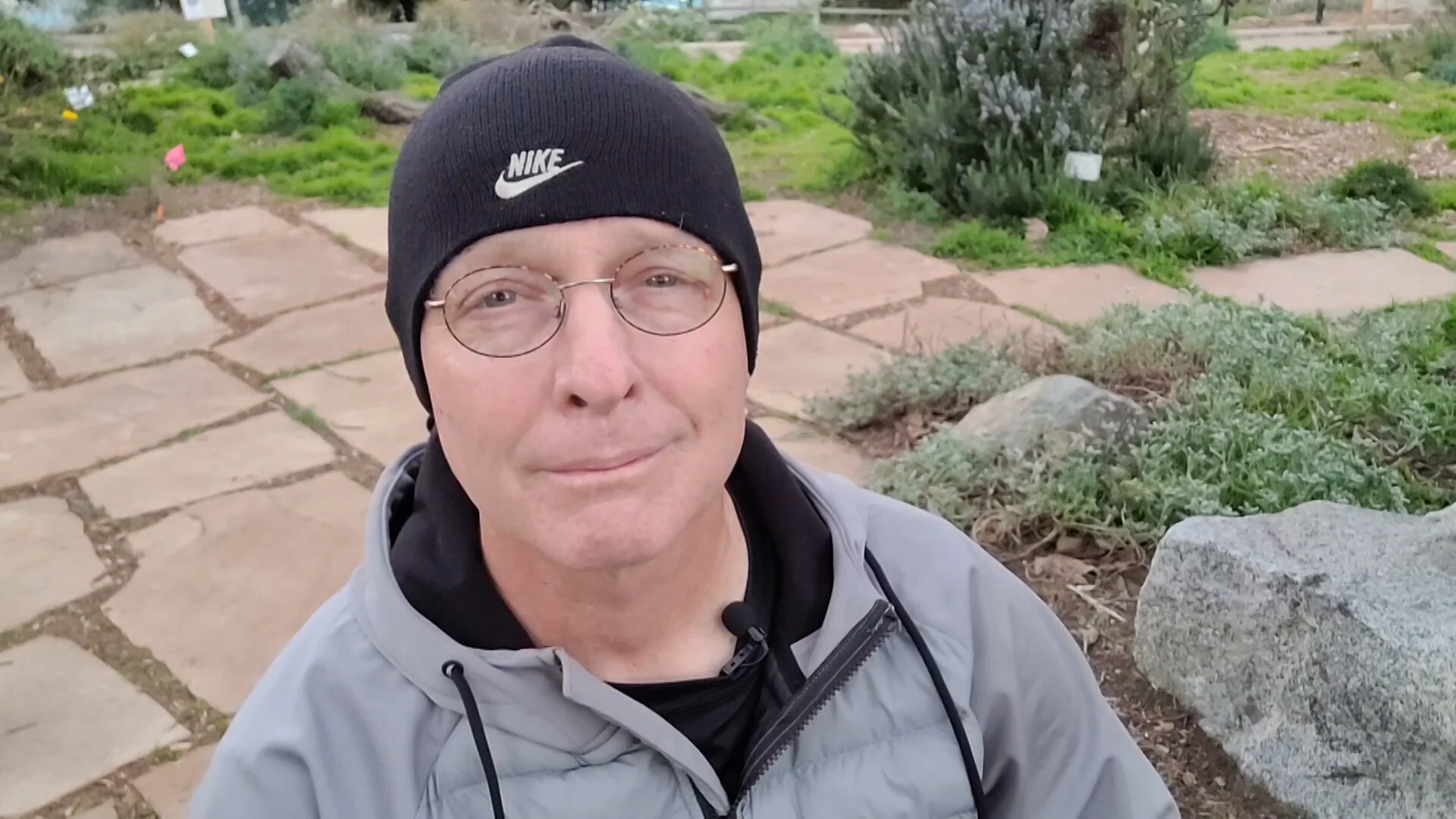I can’t know if it’s the same for you, but my social media feeds are typically saturated with photos and videos of my friends’ children and grandchildren. From infants asleep in their cribs to toddlers taking their first steps to grade schoolers playing soccer to high schoolers dressed for prom, they just can’t seem to help themselves. They’ve fallen head-over-heels in love with these sweet gifts from God and imagine everyone else in the world will too if they can just get a glimpse of their little lovelies mugging for the camera.
And something of that kind of deep parental devotion is heard in the voice of Jesus when in John 13:33-35 he addressed his little children. It’s a two-word translation of a single Greek word used only this once in the four Gospels and only sparingly in the rest of the New Testament. It’s a term of rich endearment like those a new mom might use to caption the latest pic of her little darling posted on Instagram. And if you’ve ever felt that kind of pride, delight and affection for your own child or been loved by a parent in that way, this expression is meant to help you sample a small taste of how the Savior feels about you.
But the magnitude of the awareness that we’re loved like that by the Lord of Lord’s can be difficult to take in. So, we generally choose to deflect its impact by imagining that this salutation is either exclusive to the disciples or thinly spread in a diluted way across all believers. It’s a challenge to allow ourselves to be enveloped by the full measure of the truth that Jesus, with detailed knowledge of our faults and failings, loves us as his dear children. And yet, here he is. The one who spoke the universe into existence is calling to each of us from this passage with tender words of equal power intended to secure our souls in the embrace of his compassion. How dare we resist!
Unless we stop disqualifying ourselves and make the choice to fully rest in the warmth of his affection, we won’t be able to fulfill the command he issued in this passage. He reminded his followers that he would not be physically present with them much longer. Then, he assigned them to be his ambassadors, and he told them to do that by loving others in the same manner he’d loved them.
He said this was a new commandment. Among the laws God gave Moses for the Israelites in the Old Testament was: “You shall love your neighbor as yourself” (Leviticus 19:18). But now, Jesus was saying that to be his representatives in this world, it would not be sufficient to love others as ourselves. It would require loving others more than ourselves. It would mean learning to love like he loves. And the only way that can even begin to be possible is if we first personally experience it.
Until we stop letting the haunting awareness of our unworthiness keep us from living life fully enveloped within his love, we won’t be able to offer it to others. But if we take the risk of a freefall into his waiting arms and permit him to break the cycle of shame that feeds our hesitation, then, not only will our souls have found their true home, but we’ll be able to invite others into it. We’ll find ourselves effortlessly offering to others what we ourselves have received, and by doing so, reflecting into the world he loves the heart of Jesus for his little children.




















